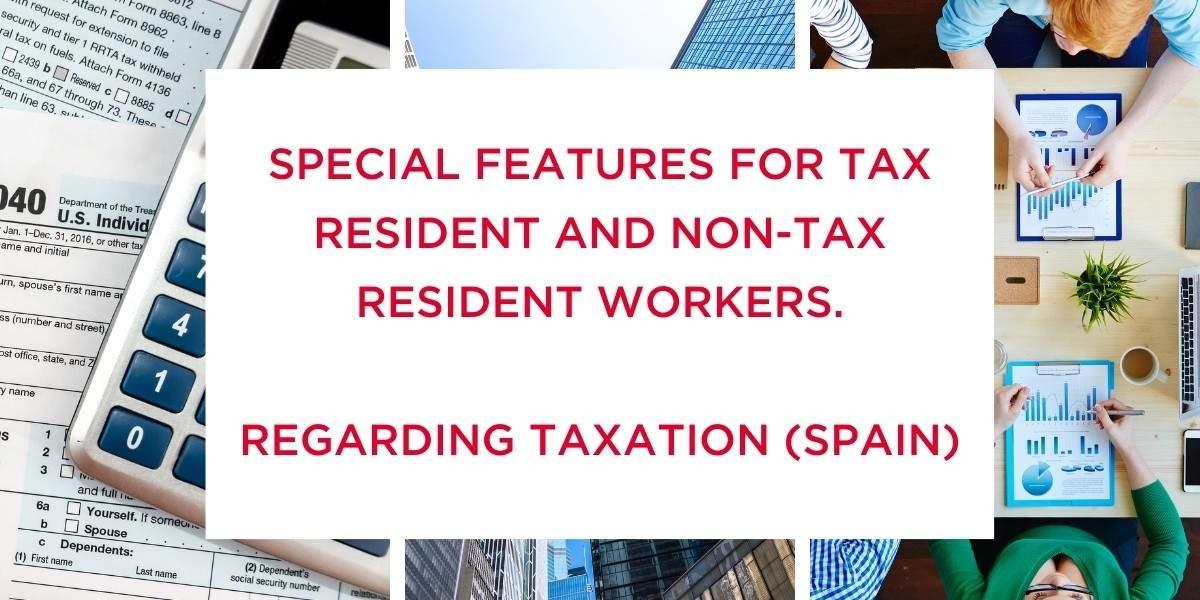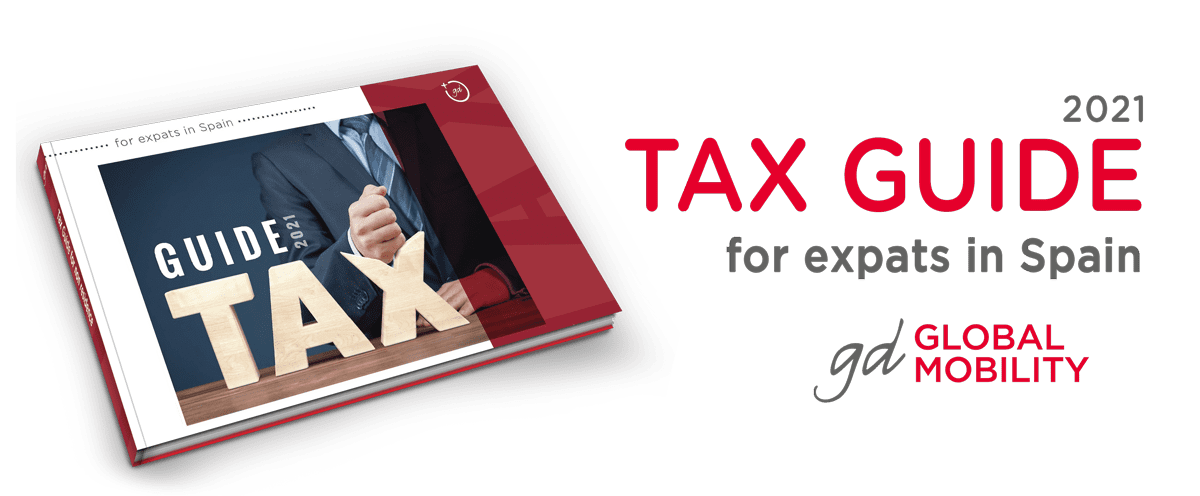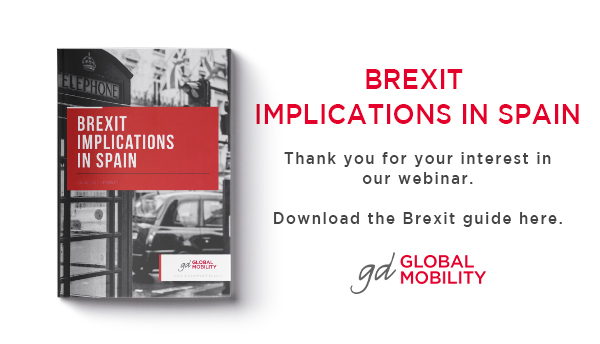
Tax residence is an essential concept when it comes to taxing the income obtained by individuals residing in a territory. In this sense, Spain follows a model very similar to that of other European countries.
Regarding taxation (Spain)
The way in which the worker must pay taxes on their income in Spain will be determined based on whether or not they are a tax resident in the country. Tax residents are taxed under Personal Income Tax Law (IRPF), while non-tax residents are taxed under Non-Resident Income Tax Law (IRNR).
For these purposes, not every person who resides or works for a certain period within our country’s borders is considered a Spanish tax resident, but there are criteria to determine when tax resident status is acquired.
Fundamentally, tax residence is determined by two circumstances and a presumption:
- That the individual stays more than 183 days, during the calendar year, in Spanish territory. To determine the period of stay in Spain sporadic absences will be counted, unless the taxpayer demonstrates their tax residence in another country.
- That the main nucleus or the base of their activities or economic interests resides in Spain.
- That the spouse (not legally separated) and the minor children who depend on this individual reside habitually in Spain, although proof to the contrary can be admitted.
Otherwise, a natural person will be considered a non-tax resident in Spain when none of the above requirements are met.
If the person is considered a tax resident in Spain, he/she will be taxed with Personal Income Tax (IRPF) by the Spanish Tax Agency, applying the basic, progressive scale for any national taxpayer.
However, Article 7 of the Personal Income Tax Law regulates an exemption on income received from work carried out abroad (aka “7p”). This allows, with a current limit of 60,100 euros per year, the exemption of income from the work of a tax resident in Spain for work actually carried out abroad.
In addition, the existence of a total of 103 agreements to avoid double taxation provides legal certainty for foreign investors, so, once they acquire tax residency in Spain, double taxation will be mitigated.
For non tax residents, their income from work carried out in Spain will be taxed at the fixed tax rate of 24percent (19 percent in case of EU tax residents) regardless of the amount received.
Special Tax Regime for Expats (“Beckham Law”)
There is also a special tax regime for workers posted to Spanish territory. This allows individuals who acquire tax residency in Spain as a result of their move to Spain, to opt to pay the Non-Resident Income Tax rate during the current tax period in which they qualify for Spanish tax residency and the following five tax periods.
For practical purposes, this means that the percentage of withholding of income from work will be 24 percent during those five periods. When the remuneration paid by the same payer during the calendar year exceeds 600,000 euros, however, the withholding percentage, applicable only to the excess, that is, to the work income obtained from €600,000/year upwards, will be 45 percent.
Individuals must opt for this special regime within six months from their start date in Spain.
Contact us and resolve all your doubts about taxes in Spain. We are specialized in advising and managing international mobility.
Click on this image and get it for free our Tax Guide for Expats in Spain





